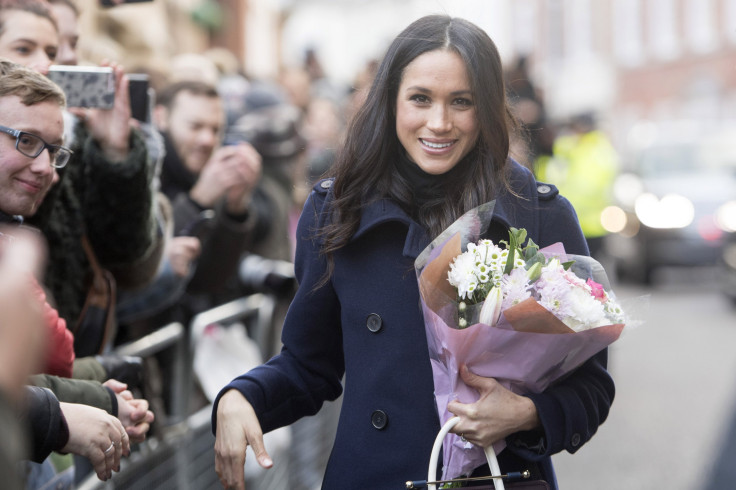Will Meghan Markle Be A Duchess Or Countess? Former Butler Explains Possibilities

Meghan Markle will either be a duchess or countess once she officially joins the royal family.
Grant Harrold, a former royal butler of Prince Charles and Camilla Parker-Bowles, recently shared his thoughts about the "Suits" actress' potential title. During an interview, he revealed that what Markle will be called will mostly depend on Prince Harry's title.
"We won't know her long as Princess Henry because she might be Duchess or a Countess," Harrold told Express. "So after people have met her at the wedding they'll have to be aware of that."
Duchess is the feminine version of duke, while countess is for the earl. Duke is the highest rank among the British peers, while an earl has a lower rank compared to the former. According to Harrold, there is a chance that Prince Harry will be called earl, but it's also possible that he will be a duke like his brother, Prince William.
"It's a personal thing for the royal family to decide," Harrold explained. "Charles is a duke and Prince Andrew is a duke but the youngest was given the Earl of Wessex."
Between the two titles, Harrold is more inclined to believe that Prince Harry will be a duke and that Markle will be a duchess.
"I think possibly a duchess, because of the fact that Prince Harry is quite close in line to the throne," the former butler added. "The bookies are looking at dukes and duchesses, and I'm inclined to think it is a dukedom."
Meanwhile, no matter what title Markle will receive on her wedding day, she will never outrank Prince George and Princess Charlotte. "Long story short, there will never be a time when Meghan outranks her soon-to-be nephew and niece," Daily Break editor Kelly Lynch said.
In related news, Kate Middleton's daughter will apparently retain her succession to the throne despite the new addition to their family. Princess Charlotte will continue to be the fourth-in-line to the throne regardless of the gender of her upcoming sibling.
Initially, the former rules of male primogeniture stated that royal sons took precedence over their female siblings, including the firstborn royal daughters. However, this has been changed with the Succession to the Crown Act in 2013.
"In determining the succession to the Crown, the gender of a person born after 28 October 2011 does not give that person, or that person's descendants, precedence over any other person (whenever born)," the statement read.
© Copyright IBTimes 2024. All rights reserved.






















